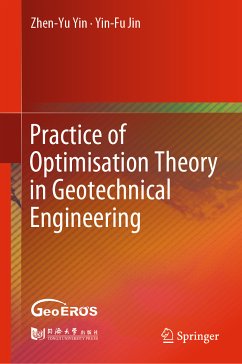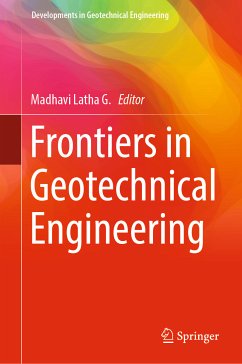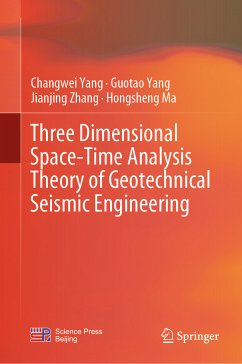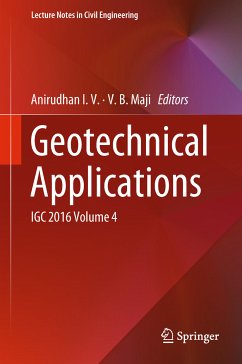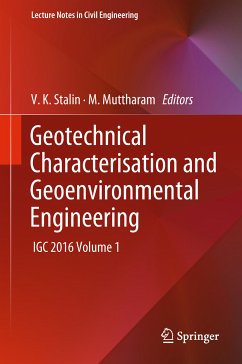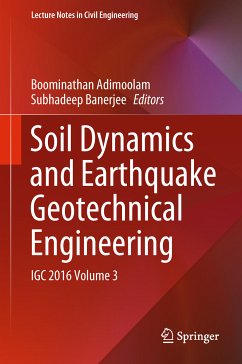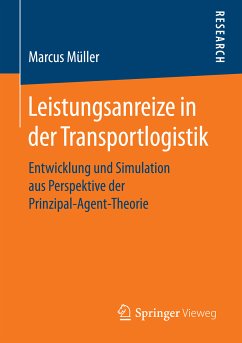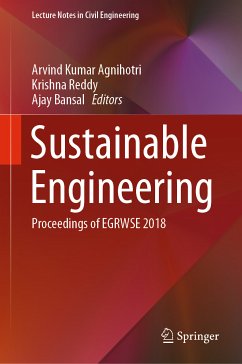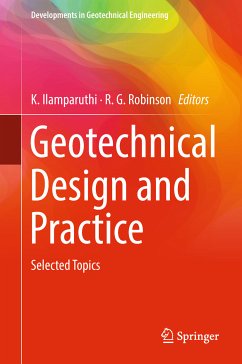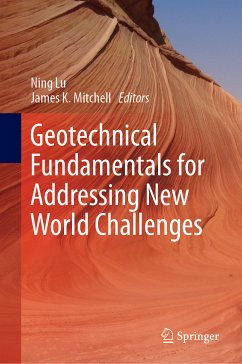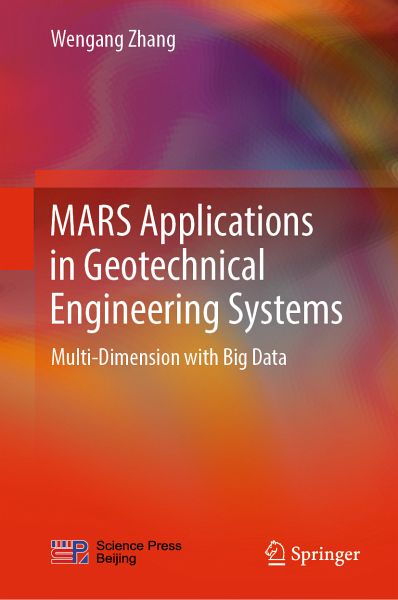
MARS Applications in Geotechnical Engineering Systems (eBook, PDF)
Multi-Dimension with Big Data

PAYBACK Punkte
36 °P sammeln!
This book presents the application of a comparatively simple nonparametric regression algorithm, known as the multivariate adaptive regression splines (MARS) surrogate model, which can be used to approximate the relationship between the inputs and outputs, and express that relationship mathematically. The book first describes the MARS algorithm, then highlights a number of geotechnical applications with multivariate big data sets to explore the approach's generalization capabilities and accuracy. As such, it offers a valuable resource for all geotechnical researchers, engineers, and general re...
This book presents the application of a comparatively simple nonparametric regression algorithm, known as the multivariate adaptive regression splines (MARS) surrogate model, which can be used to approximate the relationship between the inputs and outputs, and express that relationship mathematically. The book first describes the MARS algorithm, then highlights a number of geotechnical applications with multivariate big data sets to explore the approach's generalization capabilities and accuracy. As such, it offers a valuable resource for all geotechnical researchers, engineers, and general readers interested in big data analysis.
Dieser Download kann aus rechtlichen Gründen nur mit Rechnungsadresse in A, B, BG, CY, CZ, D, DK, EW, E, FIN, F, GR, HR, H, IRL, I, LT, L, LR, M, NL, PL, P, R, S, SLO, SK ausgeliefert werden.



